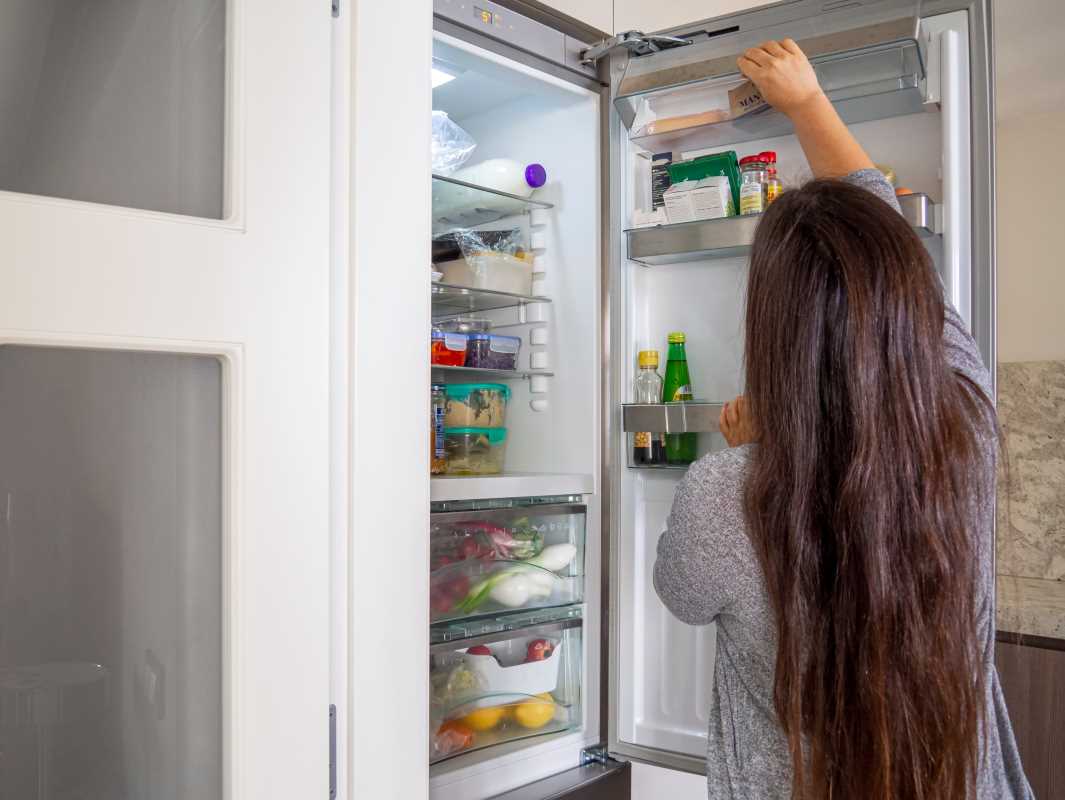Managing a household as a busy parent often feels like a juggling act. Between work obligations, school pick-ups, and endless extracurricular activities, it can feel like there’s not enough time to breathe, much less scrub countertops or tackle cluttered closets. But here’s the good news—with the right strategies and a bit of planning, you can keep your home functional, tidy, and welcoming without sacrificing too much of your precious downtime.
Below are practical tips and ideas to help you manage your home efficiently while keeping your sanity intact.
Set Realistic Standards
It’s easy to scroll through social media or flip through magazines and feel pressure to have a picture-perfect home. But here’s the thing—even those immaculate homes don’t stay that way without hours of effort (or professional help). Your goal shouldn’t be perfection; it should be creating a space that is comfortable, safe, and works for your family.
Instead of striving for spotless windows or perfectly fluffed pillows, focus on tasks that have the most significant impact on your home environment. For example, clearing the kitchen table so your family can gather for meals is often far more meaningful than alphabetizing your spice rack.
It’s also important to remember that every family’s “clean enough” looks different. If you’re a parent of toddlers, you might deal with toy explosions in the living room on a daily basis. If you have teens, maybe your struggle lies in keeping the dishes out of their bedrooms. Accept that a bit of mess is part of family life and doesn’t mean you’re failing.
Establish a Simple Routine
For overwhelmed parents, the key to managing household chores is consistency. When you build small housekeeping habits into your daily routine, you prevent messes from snowballing into overwhelming chaos.
The Ten-Minute Tidy
One of the easiest routines to implement is the Ten-Minute Tidy. Set a timer for just ten minutes each evening and tackle as much as you can. Focus on high-traffic areas like the living room, kitchen counters, or entryway. Your kids can assist by collecting their toys, books, or stray belongings while you straighten up other spaces. It’s amazing how much can get done in such a short time when everyone pitches in with purpose!
Daily Reset Points
Another effective strategy is choosing “reset points” during the day. A brief cleanup after breakfast can set the tone for an organized morning, while a quick tidy-up before bed ensures you aren’t waking up to yesterday’s mess. These resets can include wiping down the kitchen table, loading the dishwasher, or gathering loose items from your main living spaces. By breaking tasks into bite-sized moments, you’ll keep your house under control without dedicating hours to cleaning.
It’s also helpful to anchor these habits to existing routines. For instance, you might tidy up after your coffee break or have the kids put toys away right before brushing their teeth.
Prioritize High-Impact Zones
If you’re constantly short on time, the idea of cleaning every corner of your home can feel impossible. The solution? Prioritize high-impact areas where messes are most noticeable or likely to cause stress.
The Kitchen
The kitchen is the heart of the home but can quickly become a hotspot for clutter. Focus on keeping countertops clean and sinks free of dirty dishes. To make this easier, try to rinse and load dishes into the dishwasher as you go, instead of leaving them to pile up. Once a meal is over, grab a cloth and give the counters a quick wipe. You’ll be amazed at how much fresher your kitchen feels with just a few minutes of effort.
If your family snacks throughout the day, consider setting up a “snack station” where kids know to grab pre-portioned, less-crumbly options. This will cut down on the stray crumbs and spills that can turn your kitchen into chaos.
Entryways
Your entryway is the first thing people see when they walk into your home, and it’s often a magnet for clutter. Shoes, backpacks, jackets, and mail have a way of piling up and spreading into other parts of the house.
Set up a system that works for your family. This might include hooks for coats, a shoe rack, or labeled baskets where kids can drop their backpacks. Better yet, involve your kids in developing this system. When they feel ownership over it, they’re more likely to stick to it.
Bathroom Surfaces
With busy weekday mornings and evening routines, bathroom surfaces can become a bit of a mess. Keep a container of disinfecting wipes in each bathroom for quick cleanups. A 30-second wipe down of the sink, countertop, and mirror can go a long way in making your space feel fresh and organized.
Delegate and Share Tasks
You’ve heard it before, but it bears repeating: you don’t have to do it all yourself. Your home is a shared space, and everyone in your household can take on some responsibility for keeping it tidy.
Assign Chores to Kids
Even young children can help with simple tasks like putting toys in a bin or wiping down the table after meals. Older kids can pitch in more actively with jobs like folding laundry, loading the dishwasher, or sweeping the floors. The key is assigning age-appropriate chores and explaining expectations clearly.
Make chores engaging by using visual charts or reward systems. For example, kids can earn points for completed tasks, which they can trade for rewards like screen time or a fun outing. This turns housekeeping into a positive challenge instead of a dreaded duty.
Coordinate with Your Partner
For two-parent households, teamwork is everything. Have regular check-ins with your partner to split responsibilities fairly. Divide tasks based on personal strengths or preferences—for example, one of you might enjoy cooking while the other tackles laundry. By sharing the load, you'll free up time to enjoy as a family without the weight of unfinished tasks lingering in the back of your mind.
Keep Supplies Handy
Convenience is key when it comes to cleaning. If your supplies are inconveniently stored or scattered across the house, you’re less likely to use them. Create cleaning caddies for key areas like the bathroom, kitchen, and living room. Stock them with essentials like disinfecting wipes, microfiber cloths, and all-purpose spray.
Having everything you need within arm’s reach makes it much easier to clean up spills or handle quick wipe-downs throughout the day. It’s also a great idea to keep a small handheld vacuum or broom handy for impromptu crumb-cleanups after snacks.
Tackle Clutter Weekly
Even with daily tidying, clutter has a way of sneaking up on us. That’s why it’s important to dedicate a small block of time each week to decluttering.
Choose a Room or Area
Start by picking one room or problem area to tackle. Maybe it’s the pile of papers on the desk, the overflowing toy bins, or the too-small clothes in your kids’ dresser. Use a basket to collect items that are out of place and sort them into categories like “keep,” “relocate,” or “donate.”
Get the Family on Board
Clutter management shouldn’t fall solely on one person. Get your kids involved by turning it into a game. Challenge them to find ten items they no longer want or need, and then decide together whether to donate, recycle, or toss them.
Make it a routine, and you’ll avoid those overwhelming, day-long decluttering sessions.
Opt for Simple Storage Solutions
You don’t need a degree in interior design to create an organized space. Simple storage solutions, like clear bins or labeled baskets, can make a world of difference.
Easy Maintenance Systems
The best storage systems are ones that are easy for every family member to maintain. For example, assign a basket or cubby to each person in a shared area so they can stash their belongings when tidying up. Use stackable bins for seasonal items or rarely-used essentials to save space.
Drawer dividers are excellent for things like loose socks, utensils, or craft supplies that tend to turn into a jumbled mess. The more intuitive your organizing system, the easier it is to maintain order long-term.
Take Time for Yourself
Lastly (and most importantly), don’t forget about you. While maintaining a tidy home can feel rewarding, it shouldn’t come at the cost of your health or happiness.
When life gets hectic, give yourself permission to pause. Sit down with a cup of coffee, read a book, or spend uninterrupted time with your family. A cluttered living room isn’t the end of the world, and your well-being matters far more than an Instagram-worthy home.
 (Image via
(Image via





